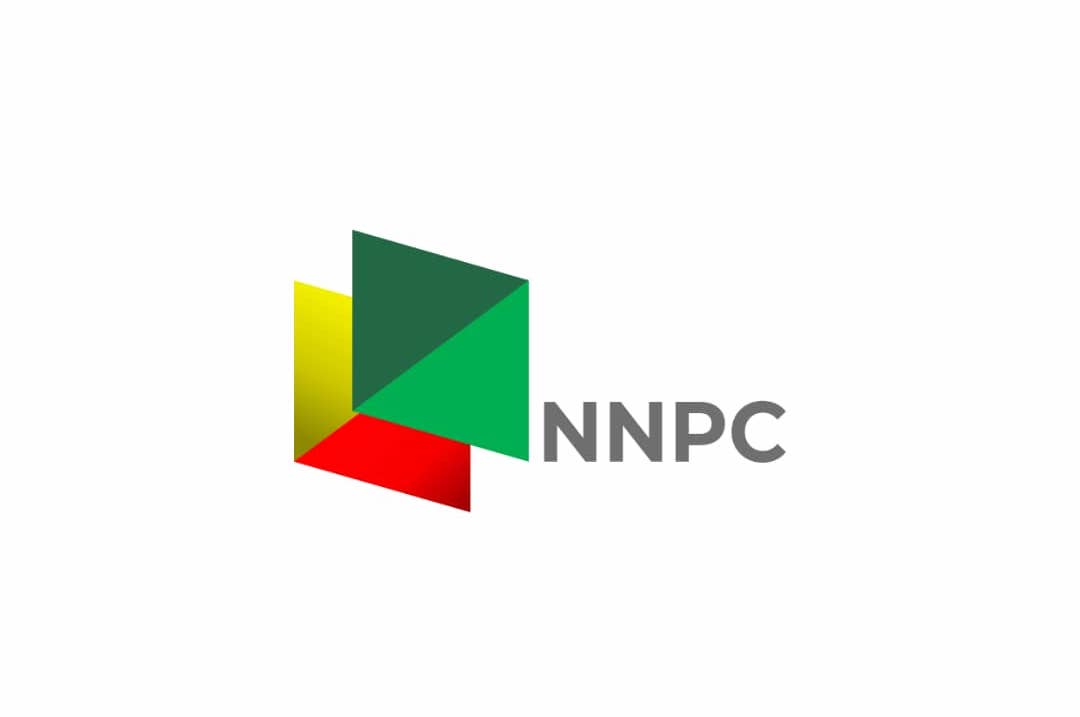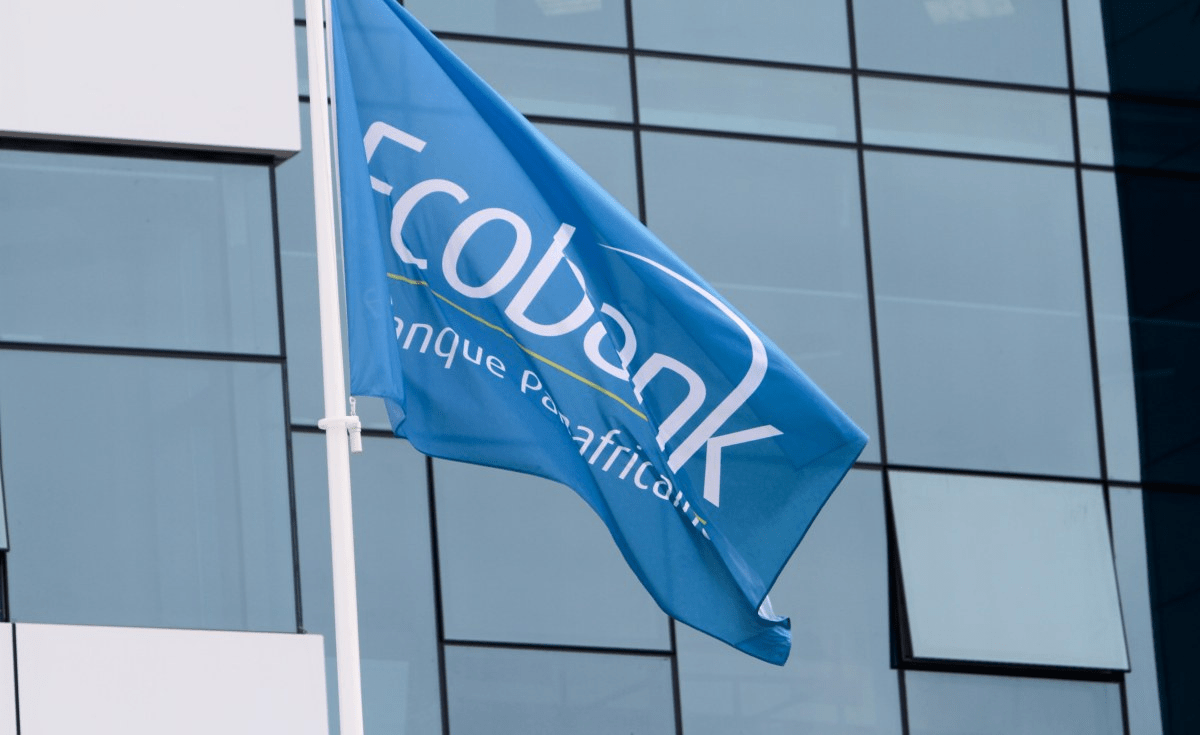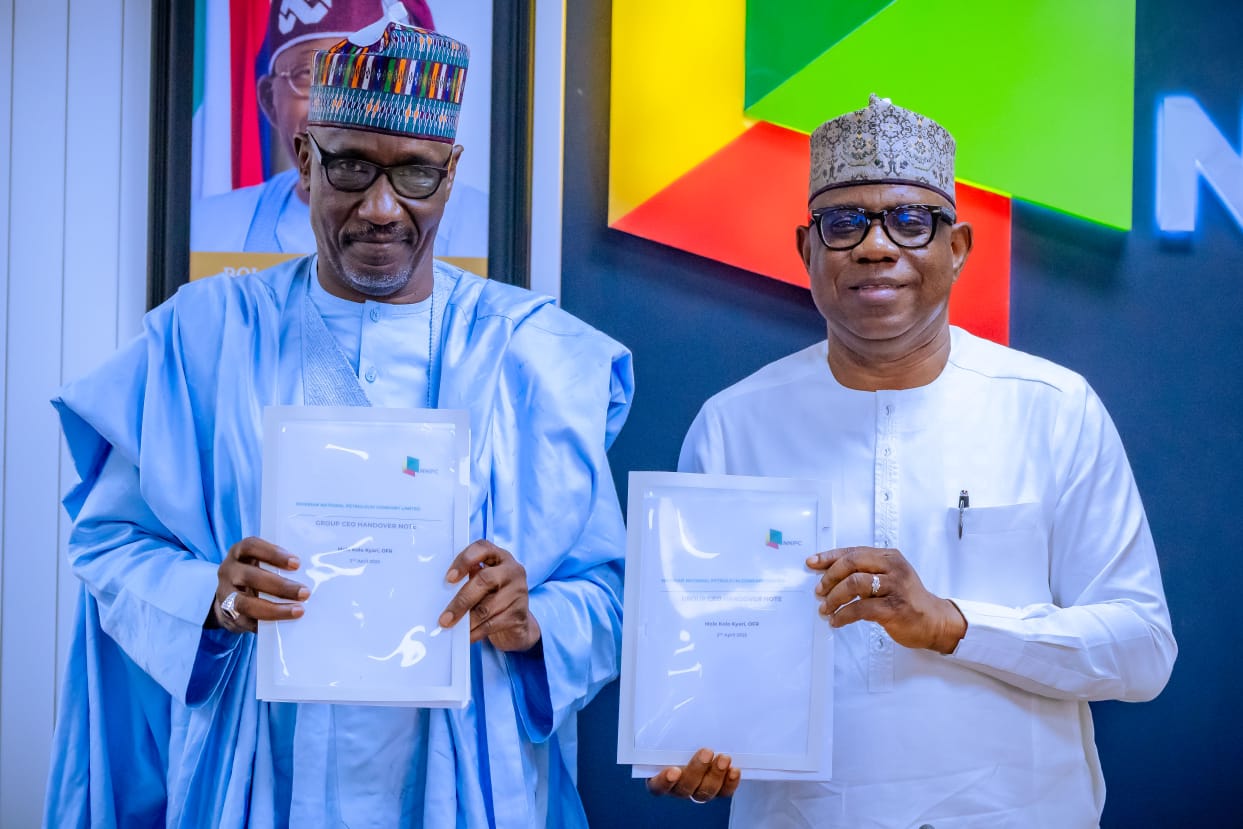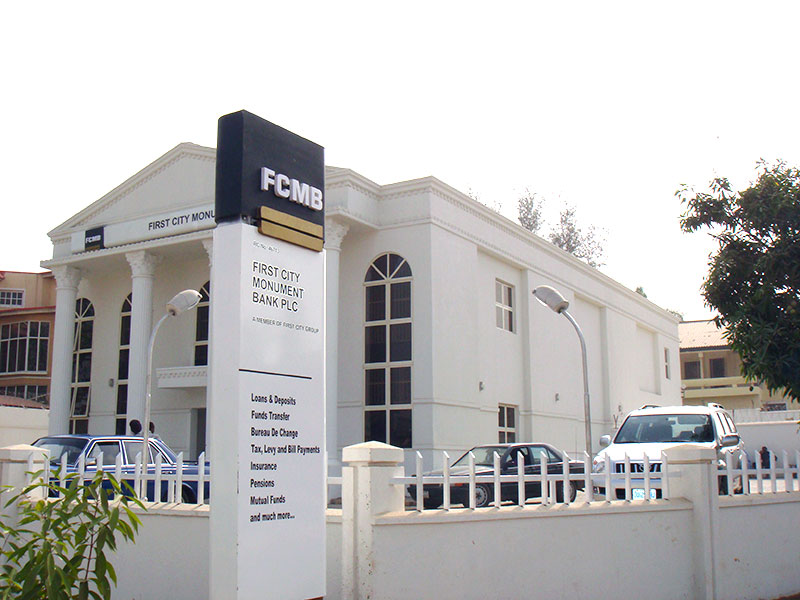US Tariffs: To Maintain Liquidity, CBN Injects Dollars into FX Market
US Tariffs: To Maintain Liquidity, CBN Injects Dollars into FX Market
*Says oil price slump by 12% threatens dollar inflows, external reserves
Festus Akanbi and Nume Ekeghe
The Central Bank of Nigeria (CBN) on Friday injected $197.71 million into the foreign exchange market to authorised dealers, in a renewed bid to ease pressure on the naira, and maintain market stability and liquidity, amid the global shocks arising from the falling oil prices and the new United States’ import tariffs.
A statement signed by the apex bank’s Director of the Financial Markets Department, Omolara Omotunde Duke, said the CBN’s action followed noticeable movements in the FX market between April 3 and 4, 2025.
She said the movements were being driven by broader economic shifts affecting several emerging and developing countries.
Duke explained further that the intervention was in response to the impact of the ongoing tariff war on the crude oil price and the foreign exchange market.
She said: “The Central Bank of Nigeria (CBN) has noted recent movements in the foreign exchange market between April 3 and 4, 2025, reflecting broader global macroeconomic shifts currently affecting several emerging markets and developing economies.
“These developments were a result of the recent announcement of new import tariffs by the United States government on imports from several economies, which has triggered a period of adjustment across global markets,” the statement said.
The statement noted that crude oil, Nigeria’s main revenue earner, has now dropped more than 12 per cent in recent days, trading at around $65.50 per barrel a development the apex bank said poses significant challenges for the country’s dollar inflows and external reserves.
It is believed that the 12 per cent decline in crude oil prices is presenting new dynamics for oil-exporting countries such as Nigeria.
She stated: “The Central Bank of Nigeria has noted recent movements in the foreign exchange market between April 3 and 4, 2025, reflecting broader global macroeconomic shifts currently affecting several Emerging Market and Developing Economies.
“These developments were a result of the recent announcement of new import tariffs by the United States government on imports from several economies, which has triggered a period of adjustment across global markets.
“In line with its commitment to ensuring adequate liquidity and supporting orderly market functioning, the CBN facilitated market activity on Friday, April 4, 2025, with the provision of US$197.71 million through sales to Authorised Dealers. This measured step aligns with the Bank’s broader objective of fostering a stable, transparent, and efficient foreign exchange market.”
Despite the turbulence, the central bank insisted Nigeria’s FX framework remains resilient and capable of adapting to changing economic conditions.
It also reminded banks and FX dealers to stick to the rules laid out in the Nigeria FX Market Code and to maintain high standards in their dealings with customers and other market players.
It states: “The CBN continues to monitor global and domestic market conditions and remains confident in the resilience of Nigeria’s foreign exchange framework, which is designed to adjust appropriately to evolving fundamentals.
“All Authorised Dealers are reminded to adhere strictly to the principles outlined in the Nigeria FX Market Code and to uphold the highest standards in their dealings with clients and market counterparties.”
Nigeria’s official exchange rate had crashed to N1,600/$1 at the end of trading on April 4, 2025, as Trump-era tariffs continued to rattle global markets.
Data from the CBN shows the naira closed at N1,600/$1, marking a 1.9 per cent depreciation compared to the N1,569/$1 recorded the previous day.
This is also the weakest level the naira has reached since December 4, 2024, when it closed at N1,608/$1. The exchange rate has now weakened by 3.9 per cent in the first four days of April, after closing March at N1,537/$1.
According to data from the CBN, the exchange rate closed at N1,600/$1 on Friday, April 4, marking a 1.9 per cent depreciation from the previous day.
The intra-day highs and lows were reported as N1,625 and N1,519 to the dollar, respectively.
The intra-day high of N1,625 is also one of the highest levels recorded this year, suggesting that traders priced the naira at significantly weaker levels.
In contrast, the intra-day low of N1,519/$1 indicates that some traders still priced the naira stronger, possibly betting on short-term interventions.
The NFEM rate, which represents the average exchange rate, closed at N1,567, also the weakest the naira has traded this year and since December 4, 2024.
*Says oil price slump by 12% threatens dollar inflows, external reserves Festus Akanbi and Nume Ekeghe The Central Bank of Nigeria (CBN) on Friday injected $197.71 million into the foreign






